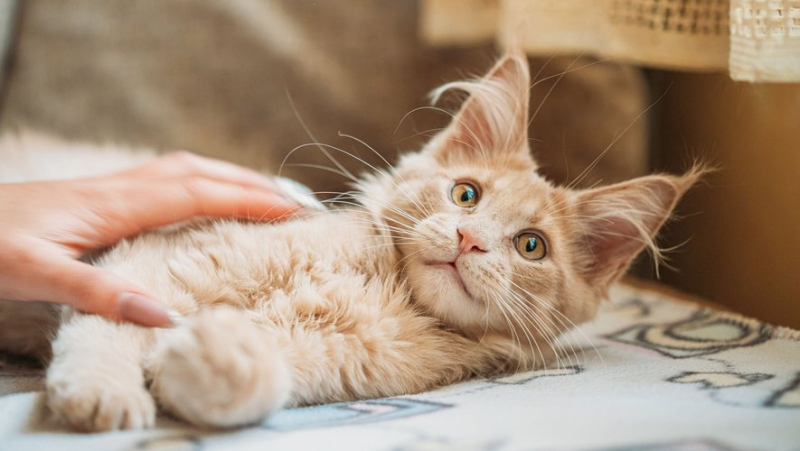“Some cats are very attached”: felines would feel grief at the loss of an animal companion

Cats can experience profound grief and change their behavior following the loss of an animal companion. bruev/Getty Images
The pain felt at the loss of a pet is not exclusive to humans. According to a U.S. study, cats can also express profound grief when another animal in the same household dies, whether it is a cat or a dog.
A study conducted by Oakland University and published in the journal Applied Animal Behavior Science analyzed the behaviors of cats following the loss of an animal companion, and it seems that they, too, can experience a period of grief.
The researchers collected testimonies from 412 cat owners through various online platforms, including Facebook groups and mailing lists, about their relationship with the deceased pet and about the surviving cats. Respondents had to have had a pet die while at least one surviving cat lived in their household.
Significant behavioral changes
Contrary to the image often attributed to cats as aloof and independent animals, the study results show significant behavioral changes in grieving cats. Immediately after the loss, some cats experienced sleep disturbances, loss of appetite, and frequent meowing. Others became more demanding of their owners, gave up favorite toys, or showed an increased need for attention.
In about two-thirds of the cases studied, the deceased pet was another cat, the remainder being dogs. The longer the relationship with the lost pet lasted, the more the surviving cats sought their owners' attention after the death. However, witnessing the death or the number of pets in the household does not have a significant impact.
Subtle
However, these behavioral changes are quite subtle and do not affect all cats. “I think cats can be indifferent to certain members of the family. Some cats, on the other hand, are very attached. But, you know, some of ours really don't like each other at all. Their quality of life may improve after the death of a companion,” concludes Jennifer Vonk, professor of comparative and cognitive psychology at Oakland University and co-author of the study, in The Times.




